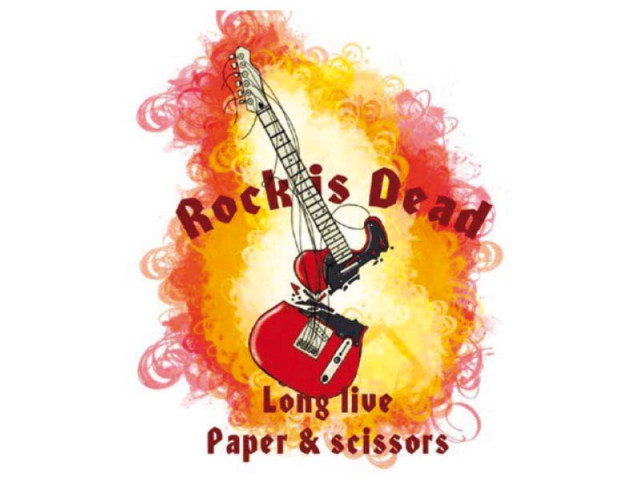Fading away: Can you hear the music?
Funfairs, festivals and musical gatherings fast disappearing from capital

Funfairs, festivals and musical gatherings fast disappearing from capital.
The cityscape of the capital has changed tremendously over the years. A newly built inter-city bus system and extensive road reconstructions have turned Islamabad into a new city, compared to what it was a decade or so ago.
However, anyone associated with the city has heard it being referred to as a “boring” and a “dead place where nothing ever happens”. This can be attributed in large part to the lack of widespread artistic and cultural activities; especially noticeable in the dearth of musical performances and organised concerts.
Up until 2009, musical festivals, concerts and gigs would take place regularly; be it an Ali Zafar concert at the open air theatre in Shakarparian, Entity Paradigm performing at a school, or Atif Aslam singing at major auditoriums. International acts such as RDB, Raghav, Akcent and Edward Maya also performed before delighted audiences.

Less elaborate smaller gigs also took place at venues such as Civil Junction, Paper Microphone and Kuch Khaas. The first two cafes have since shut down.
Kuch Khaas still operates, but under civic authority rules, gigs are only allowed to take place in its limited indoor space.
Civil Junction was the place to be for music lovers in the capital around a decade ago, and several local underground bands, such as Corduroy, launched from there.
With the current security environment, the state has made it very difficult to issue no-objection certificates (NOCs) to those interested in holding such events publicly. Slowly but surely, funfairs, festivals and musical gatherings are disappearing from view.

Speaking to The Express Tribune, Sufi musician and director at the Foundation for Arts, Culture and Education, Arieb Azhar said getting an NOC for concerts can take months, involving several visits to various government departments.
“A flat out ban on concerts is not the answer. The state should streamline the NOC acquisition process and give incentives to musicians and stakeholders in setting up ticketed concerts so the industry may thrive, as music in itself is a beautiful tool to help combat terrorism,” said Azhar.
Though private ticketed events seem to have faded away, government-run institutes such as the Pakistan National Council of Arts and National Institute of Folk and Traditional Heritage (Lok Virsa) still hold events.
A Munni Begum concert at the open air theatre in Shakarparian and a Balochi musical evening took place at Lok Virsa recently.
These were non-ticketed events however, meaning the musicians are minimally compensated. The lack of return on investment does little to encourage aspiring musicians to take up music as a serious career.
“The security situation is bad but there is also something wrong with mindsets of Islooites regarding concerts,” said Shamoon Ismail, an emerging musician who claims to have introduced the ‘Punjabi Blues’ genre. “They will pay highly for international musicians, but expect free entry for local acts,” he complained.
“In music’s heyday, we’d perform to crowds of 40,000 to 50,000 people, but everything changed after NOCs became difficult to acquire,” said singer Haroon Rashid of Awaaz fame. “Music Mela 2015 was an excellent step in the right direction; it proved concert culture can be revived with good management and security,” he shared.
No one can deny the healing power of people coming together in large numbers to rejoice in the presence of good music. Pakistan’s music industry can be revived if lawmakers take collective actions to promote it.
Published in The Express Tribune, August 30th, 2015.


















COMMENTS
Comments are moderated and generally will be posted if they are on-topic and not abusive.
For more information, please see our Comments FAQ